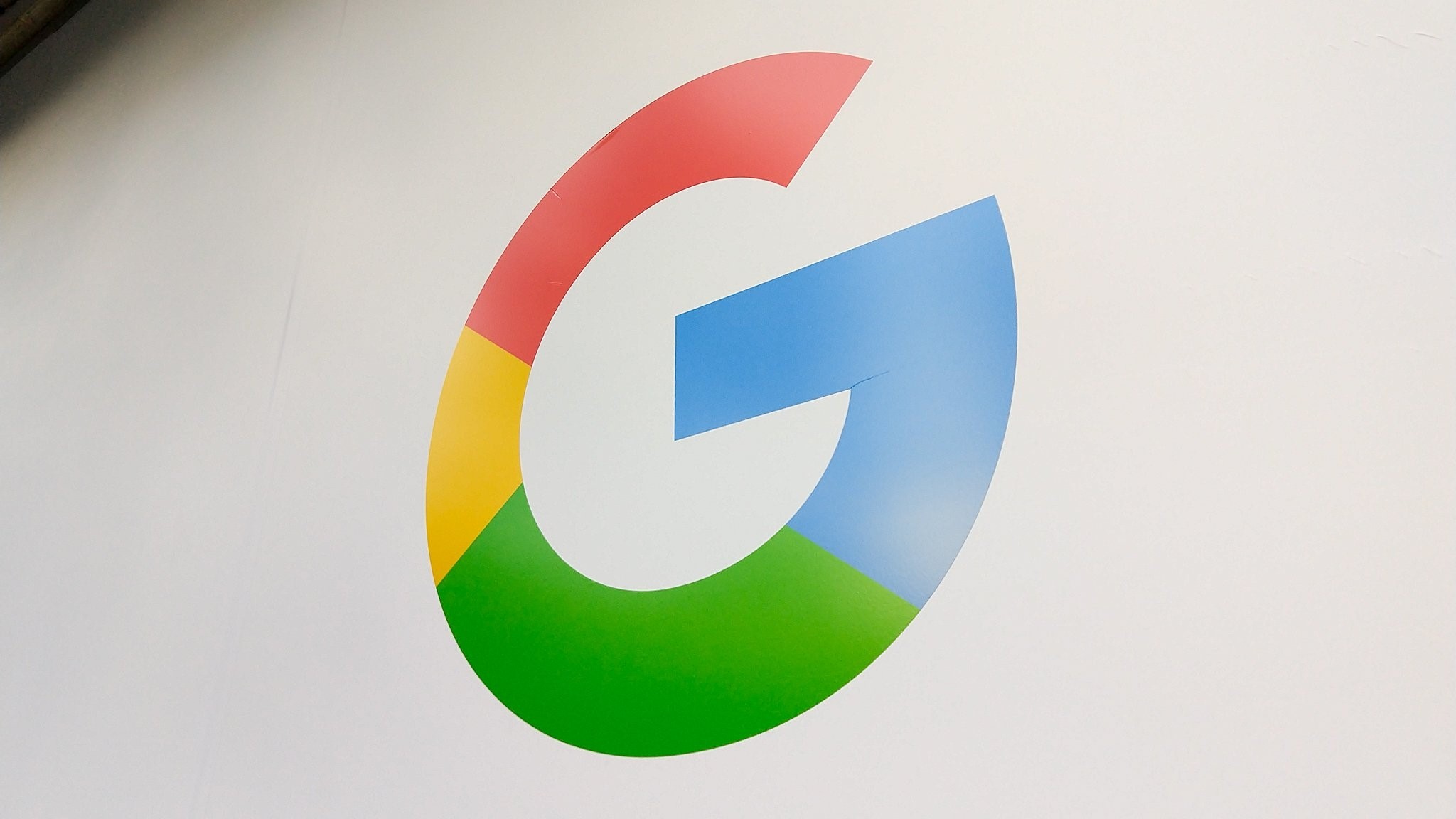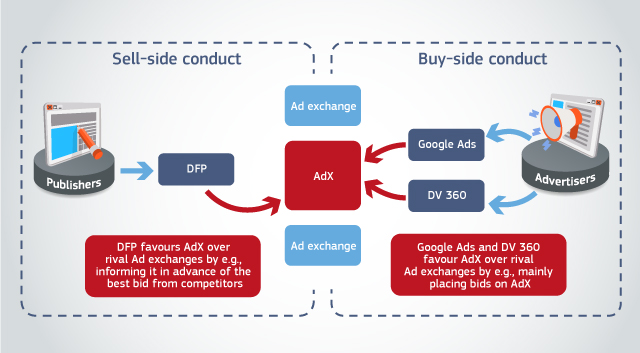The EU wants to break up Google's ad business
The investigation is only beginning.

What you need to know
- The European Commission has sent a Statement of Objections to Google regarding its abusive usage of its "dominant position" in the AdTech space.
- Google has been accused of propping up its AdX ad exchange platform using its DFP server to gain a leg up over the competition.
- If true, Google would be in violation of Article 102 of the Treaty on the Functioning of the European Union (TFEU).
The European Union is now seeking ways of disrupting Google's stronghold over the advertising industry. The European Commission today has sent word to Google of its breach of antitrust rules by, according to the EU, "distorting competition" in the Adtech industry.
Google's main source of revenue is its ads, but the company also operates the largest ad exchange. Google also sells advertising space on websites while also acting as the intermediary between advertisers and publishers.
According to the Commission's preliminary investigation, it has found that Google has abused its "dominant position" for nearly a decade by unfairly favoring its own ad exchange (AdX) in the ad selection auction. It also alleges that Google gives it a competitive advantage in how its own ad-buying tools place bids on ad exchanges, making it difficult for rivals to compete.
"It collects users’ data, it sells advertising space, and it acts as an online advertising intermediary," says Margrethe Vestager, Executive Vice-President in charge of competition policy. "So Google is present at almost all levels of the so-called adtech supply chain."
Furthermore, the European Commission states that if the above preliminary is confirmed, this would be a violation of Article 102 of the Treaty on the Functioning of the European Union (TFEU), which "prohibits the abuse of a dominant market position."
The Commission states, "The sending of a Statement of Objections does not prejudge the outcome of an investigation."

As context, for Google's rivals to move through the Adtech space, they must interact with three tools: the publisher ad servers, ad-buying tools, and the ad exchange to auction, display, and sell ads. However, the Commission appears to have a strong argument that Google's apparent stronghold over the ad business is due to its publisher ad servers and the programmatic ad-buying tools with its "Google Ads" and "DV360" open web services.
Be an expert in 5 minutes
Get the latest news from Android Central, your trusted companion in the world of Android
We take issue with Google favouring its own online display advertising technology services to the detriment of competing providers of advertising technology services, advertisers and online publishers.Our preliminary view is that Google may have breached EU antitrust rules by… pic.twitter.com/rhuTC4fU80June 14, 2023
This has seemingly been bubbling up for two years now as the European Commission investigates whether or not Google has been favoring its own online advertising platform and doing away with any competitors. As reported last year, Google could face a fine of up to 10% of its global revenue if solid evidence is uncovered, although the Statement of Objections suggests that Google should be made to divest part of its ad business.
Google did not immediately respond to Android Central's request for comment. However, the company provided a statement to Reuters, disagreeing with the Commission's stance.
"The Commission's investigation focuses on a narrow aspect of our advertising business and is not new," said Dan Taylor, Google's vice-president of global ads. "We disagree with the EC's view."

Nickolas is always excited about tech and getting his hands on it. Writing for him can vary from delivering the latest tech story to scribbling in his journal. When Nickolas isn't hitting a story, he's often grinding away at a game or chilling with a book in his hand.
